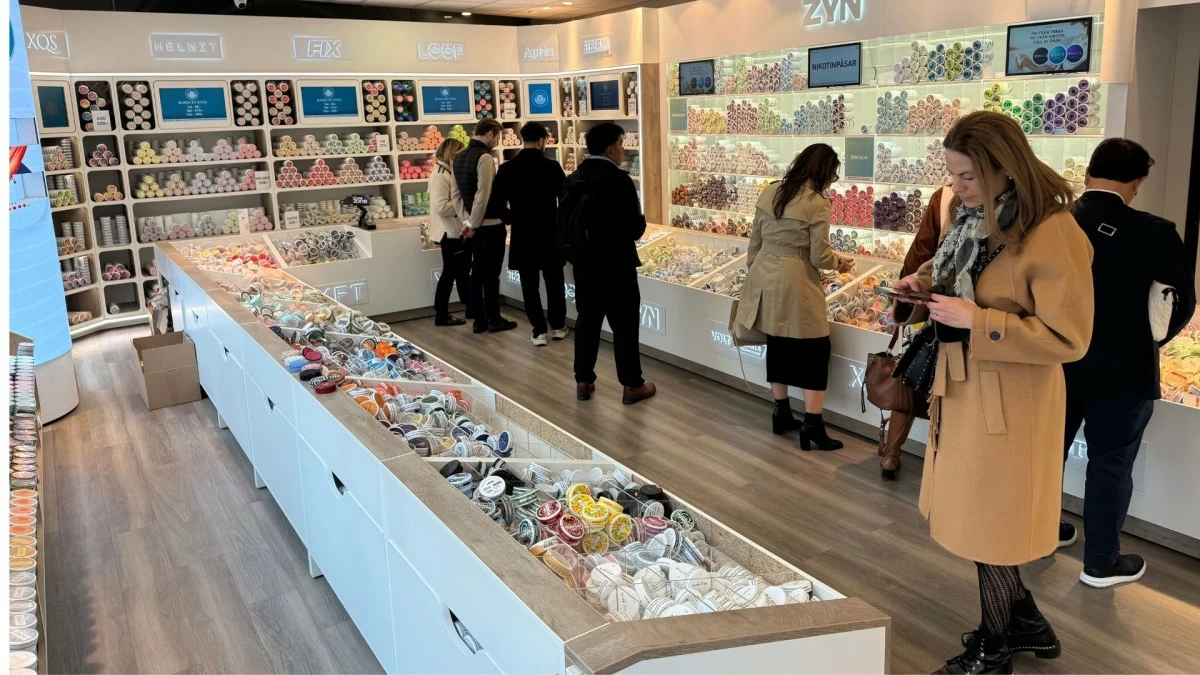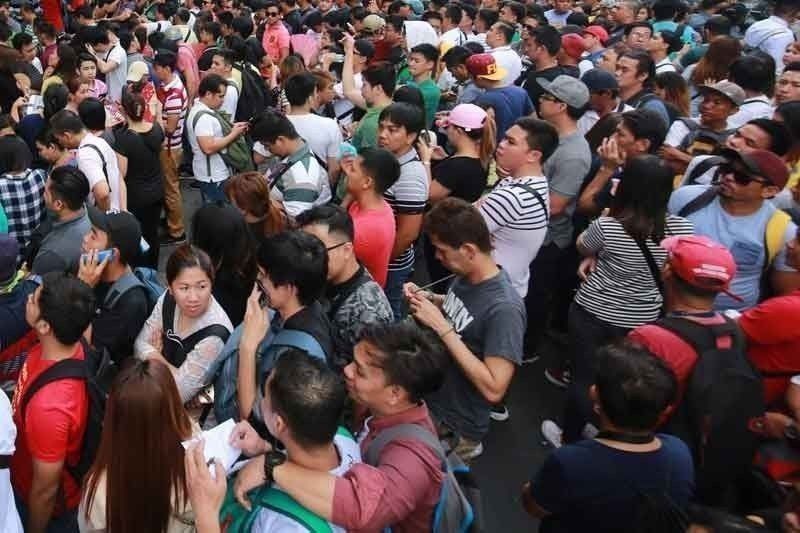
Upgrade to High-Speed Internet for only ₱1499/month!
Enjoy up to 100 Mbps fiber broadband, perfect for browsing, streaming, and gaming.
Visit Suniway.ph to learn
Elijah Felice Rosales - The Philippine Star
June 3, 2025 | 12:00am
A plane soars beneath the vibrant sky of Parañaque City during sunset, as seen from The Philippine STAR’s building on April 1, 2025.
STAR / Anthony Abad
As NAIA costs rise
MANILA, Philippines — Air travelers may have to pay higher fares if foreign carriers proceed with their plan to seek a terminal enhancement fee to pay for the rising cost of operating at the Ninoy Aquino International Airport (NAIA).
While the Civil Aeronautics Board (CAB) has yet to decide on the proposal of local carriers to charge a terminal enhancement fee of as much as P300 per flight, foreign carriers are planning to follow suit if their domestic counterparts receive approval from the agency.
“They (foreign airlines) are in the wings just waiting for what will happen with the locals. They indicated they are going to file,” CAB executive director Carmelo Arcilla said in an interview with reporters.
The STAR last year broke the story on the terminal enhancement fee sought by domestic carriers Philippine Airlines (PAL), Cebu Pacific and AirAsia Philippines. If approved, fares would go up by at least P75 for domestic flights and P300 for international trips per way.
PAL, Cebu Pacific and AirAsia Philippines want to collect terminal enhancement fees to mitigate the impact of rate hikes in NAIA following its turnover to private hands in 2024.
New NAIA Infrastructure Corp. (NNIC), led by San Miguel Corp., is authorized to increase service fees in NAIA as part of its P170.6-billion concession to rehabilitate it.
Arcilla said foreign carriers are negotiating with CAB on the terminal enhancement fee through industry groups Airline Operators Council and Board of Airline Representatives.
Without CAB approval, Arcilla said airlines can still increase fares to recover some of their costs under a privately-run NAIA. However, carriers are segregating it as a fee and not including it in the fares, so passengers know what they are paying for.
“That is the priority of the airlines [to recover cost hikes]. They perceive it as a cost, and cost as we know it will be factored in the overall price,” Arcilla said.
Travelers flying from NAIA will also pay higher passenger service charges (PSC) by September, going up by 72 percent to P950 for foreign flights and by 95 percent to P390 for domestic trips.
In exchange for the price hikes, NNIC is mandated to remit 82.16 percent of airport revenues, excluding PSC, to the government, on top of P30 billion in upfront fee and P2 billion in annuity payment.

 4 days ago
3
4 days ago
3



